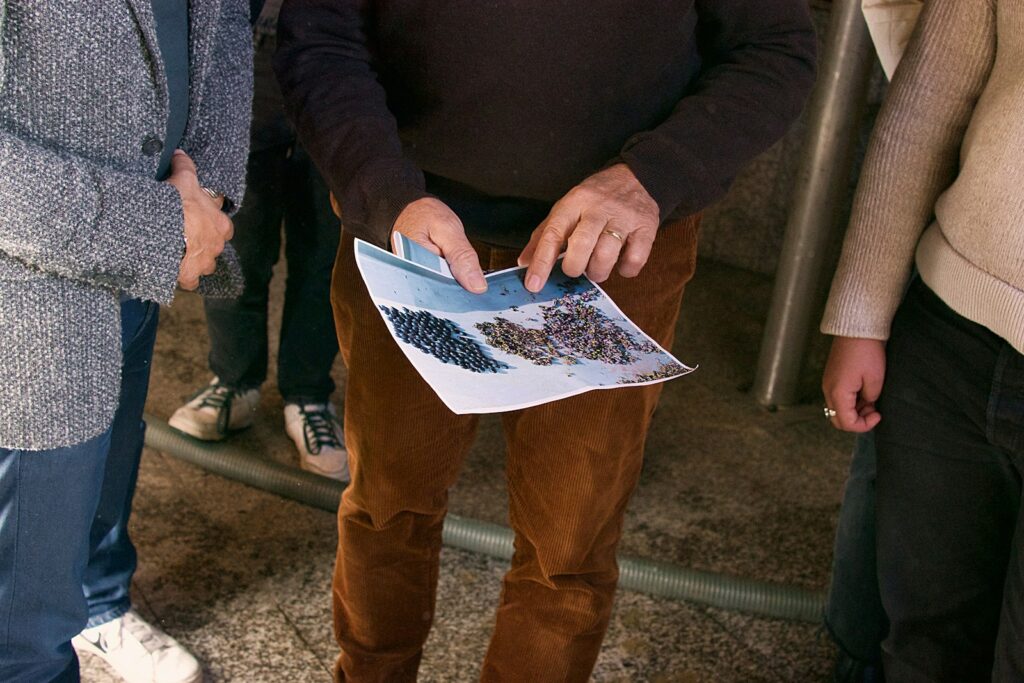Traveling to new places is an exciting opportunity to discover different cultures, try new foods, and meet amazing people. However, the unfamiliar environment can also make tourists more vulnerable to scams that take advantage of their curiosity and limited local knowledge. While many destinations are safe and welcoming, it is still important to stay informed and cautious, especially in crowded areas or locations known for high tourist activity. Understanding the tactics scammers use can help travelers avoid unpleasant situations, unnecessary expenses, and stressful encounters that can interrupt an otherwise enjoyable trip. From misleading offers to fake emergencies, these scams often appear friendly or helpful at first, making them harder to detect. By learning about common travel scams, tourists can better protect themselves and make confident decisions while exploring new destinations. Staying aware, asking questions, and trusting your instincts can go a long way in ensuring that your travel experience remains smooth, safe, and memorable.
1. The Overpriced Taxi Ride

Tourists frequently encounter taxi drivers who intentionally take longer routes or refuse to use the meter to increase the fare. This scam often targets visitors unfamiliar with local roads or standard pricing. Travelers may also face drivers who claim the meter is broken or insist on a fixed rate that is significantly higher than the usual cost. To avoid this, tourists should research typical fares, use reputable ride-hailing apps when available, or request the meter to be turned on before the ride begins. Staying firm yet polite can help prevent unnecessary overcharging.
2. The Fake Tour Guide

In many tourist areas, individuals may approach travelers claiming to be official guides offering exclusive access or discounted tours. These impostors often use friendly conversation to gain trust before leading visitors on unorganized or rushed tours that lack real value. Some may even demand additional fees along the way. To avoid this scam, tourists should verify guide credentials, book tours through accredited agencies, or confirm guide recommendations from their hotel. Ensuring proper identification and checking reviews can prevent paying for a poorly planned or entirely fictitious tour experience.
3. The Distraction Pickpocket Trick

Pickpockets often work in teams and use distractions to catch tourists off guard. Common methods include bumping into someone, asking for directions, or causing a minor commotion to divert attention. While the traveler is focused elsewhere, another person quickly steals valuables such as wallets, phones, or passports. This scam is especially common in crowded markets, public transportation, and popular attractions. Tourists can reduce the risk by keeping belongings in secure, zipped bags, avoiding placing valuables in back pockets, and staying alert in busy areas. Awareness is key to preventing theft.
4. The Fake Ticket Seller

Scammers sometimes sell counterfeit tickets for attractions, public transportation, or events, often at prices that seem like a special deal. These tickets may look legitimate, but they become invalid upon entry, leaving travelers disappointed and forced to purchase new ones. Fake sellers typically operate near popular landmarks or transit stations, approaching tourists who appear unsure. To avoid falling for this scam, visitors should buy tickets directly from official websites, authorized counters, or trusted vendors recommended by hotels. This ensures authenticity and prevents unexpected losses from fraudulent purchases.
5. The Friendly “Free Gift” Approach

Some scammers offer tourists a small item, such as a bracelet, flower, or handmade craft, claiming it is free as a gesture of goodwill. Once the tourist accepts it, the scammer quickly demands payment, often becoming persistent or refusing to take the item back. This tactic relies on creating a sense of obligation. To avoid this situation, travelers should politely decline unsolicited gifts and avoid engaging with strangers who insist on giving something for free. Staying cautious helps prevent being pressured into paying for items they never intended to purchase.
Comments